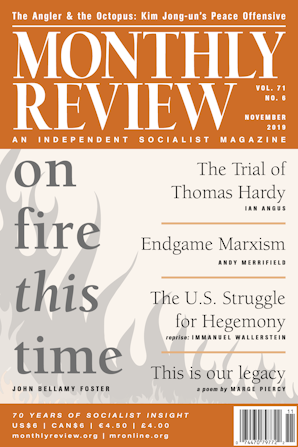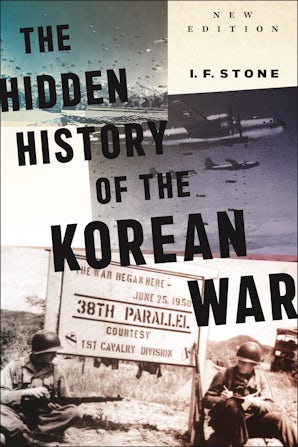Also in this issue
Books by Tim Beal
Hidden History of the Korean War
by I.F. Stone and I.F. Stone
Foreword by Gregory Elich, Tim Beal, Gregory Elich and Tim Beal


